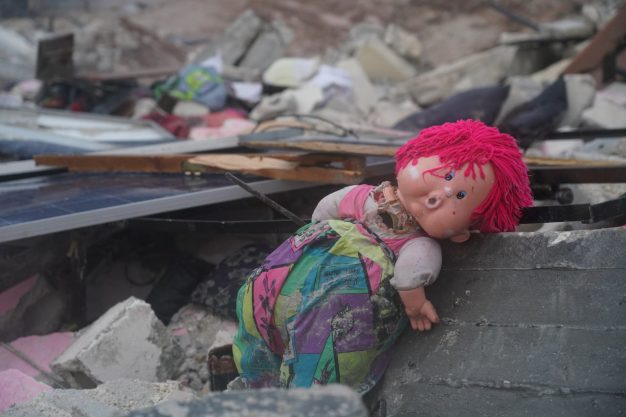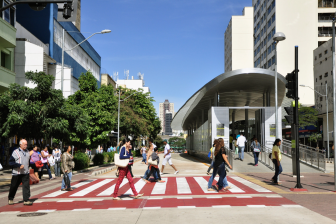
A year after the earthquakes in Türkiye and Syria, childrens’ lives are still being impacted
It is a year since the Türkiye and Syria suffered the catastrophic, most deadliest earthquakes in their recent history, and still the devastating impacts continue to reverberate for children and young people.
And for those in Syria, says the United Nations children’s charity UNICEF, what is a desperate situation is only compounded by a wider humanitarian crisis.
Those two initial devastating earthquakes on 6 February 2023, which were then followed by thousands of aftershocks, killed thousands of children and injured countless more across both countries, levelled peoples’ homes, leaving people homeless and without access to essential services, including safe water, education, and medical care.
UNICEF says that while an enormous humanitarian response has done what it can, it is a fact that, particularly for children in Syria, persistent cycles of conflict and crisis continue to put children’s lives and well-being at risk.
Almost 7.5 million children remain in need of humanitarian assistance there, while in Türkiye, 3.2 million children still need essential services. UNICEF says it plans to reach the 1.7 million most vulnerable children in 2024.
Catherine Russell, UNICEF Executive Director, visited both countries just weeks after last year’s earthquakes, and remembers how the devastation wiped away ‘any sense of safety for many children’.
“Government support and humanitarian efforts have helped families to slowly put their lives back together and have provided children with a way to process their experiences, but far too many families, especially in northern Syria, continue to be impacted by a humanitarian crisis that has no end in sight,” she says.
In Syria, nearly 13 years of hostilities, destruction and continued humanitarian crises have put children in the middle of one of the most complex emergencies in the world. Nearly 7.5 million children require assistance because of a worsening economic crisis, continued localised hostilities, mass displacement and crumbling public infrastructure – with many basic services on the verge of collapse. Water and sanitation systems and public health services are under immense strain, following years of little to no investment.
‘Too many families continue to be impacted’
This has put children at risk of recurrent disease outbreaks, compounded by a prolonged drought and water crisis, and food insecurity, contributing to increased child malnutrition and mortality. Around 90 per cent of families in the country live in poverty, while more than 50 per cent are food insecure.
UNICEF adds that the ongoing economic crisis is also worsening negative coping mechanisms, and particularly affecting female-headed households while contributing to the normalisation of gender-based violence and child exploitation.
In Türkiye, the earthquakes disrupted education for more than four million children, and the charity subsequently helped provide a million of these with access to formal and non-formal education. Yet while great efforts have been made to increase access to education, many children in the affected areas in Türkiye are still unable to go to school.
UNICEF has been working with government and civil society partners to respond to the immediate and long-term needs of 4.7 million people, including 2.4 million children. This has included providing more than 1.5 million children and caregivers with mental health and psychosocial support, and reaching more than 3 million people with safe water.
“The situation for the affected children in Türkiye continues to improve, but there is still much to be done,” said Russell. “In Syria, the humanitarian situation for children and families continues to worsen. Without more humanitarian efforts and resources to restore essential services like education, water and sanitation systems, children in Syria will continue to face a vicious cycle of deprivation and crisis.”




